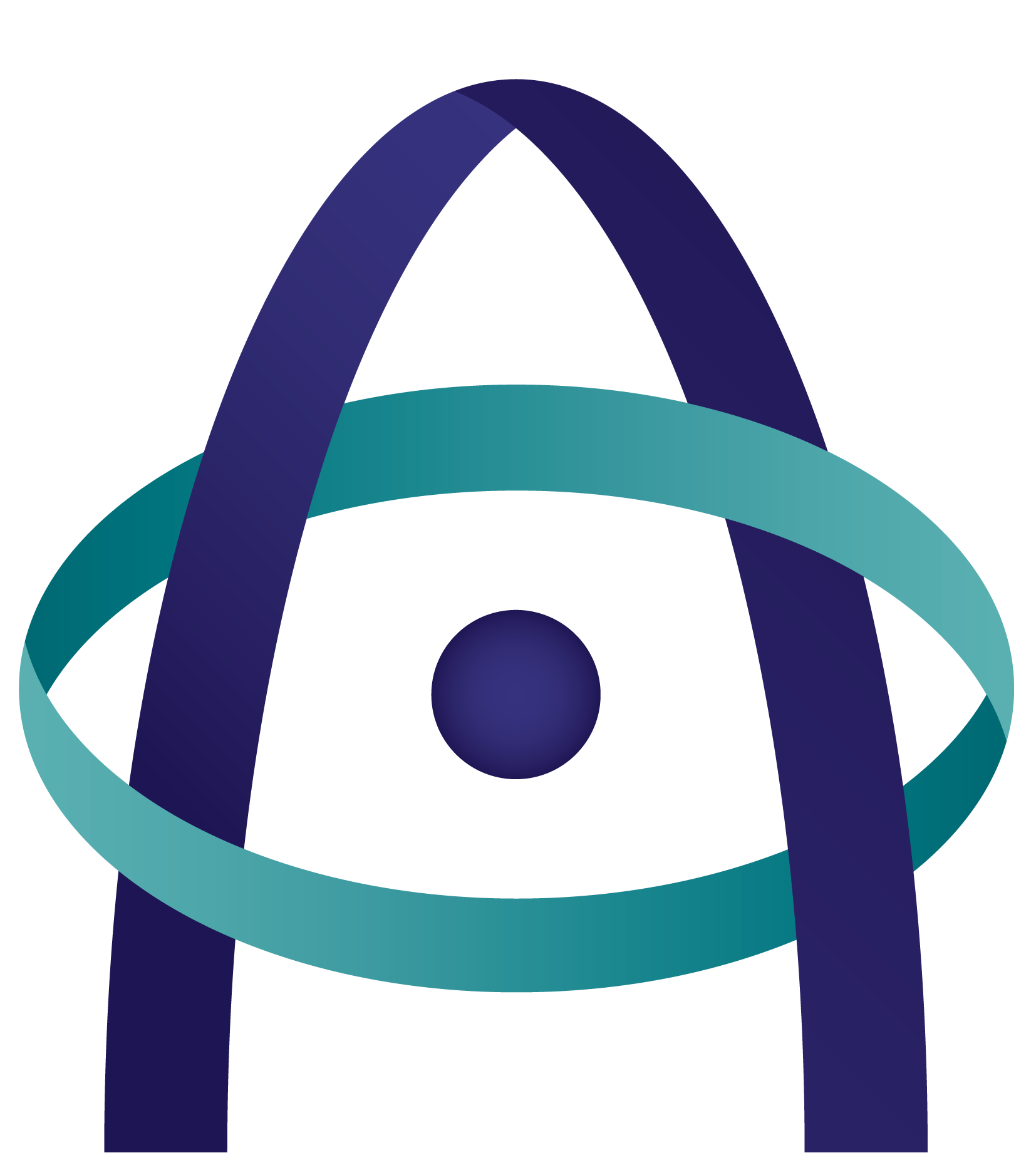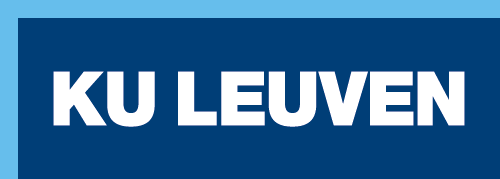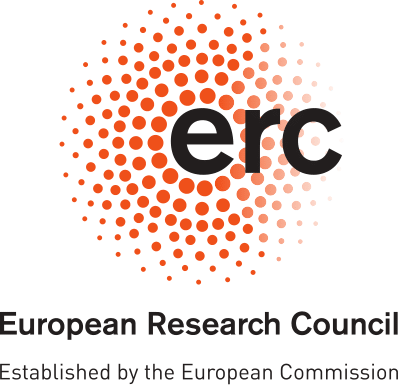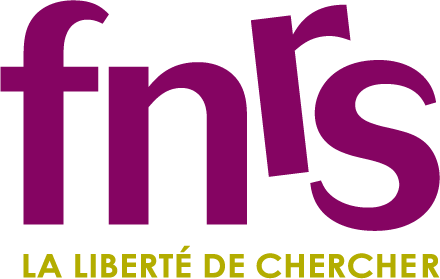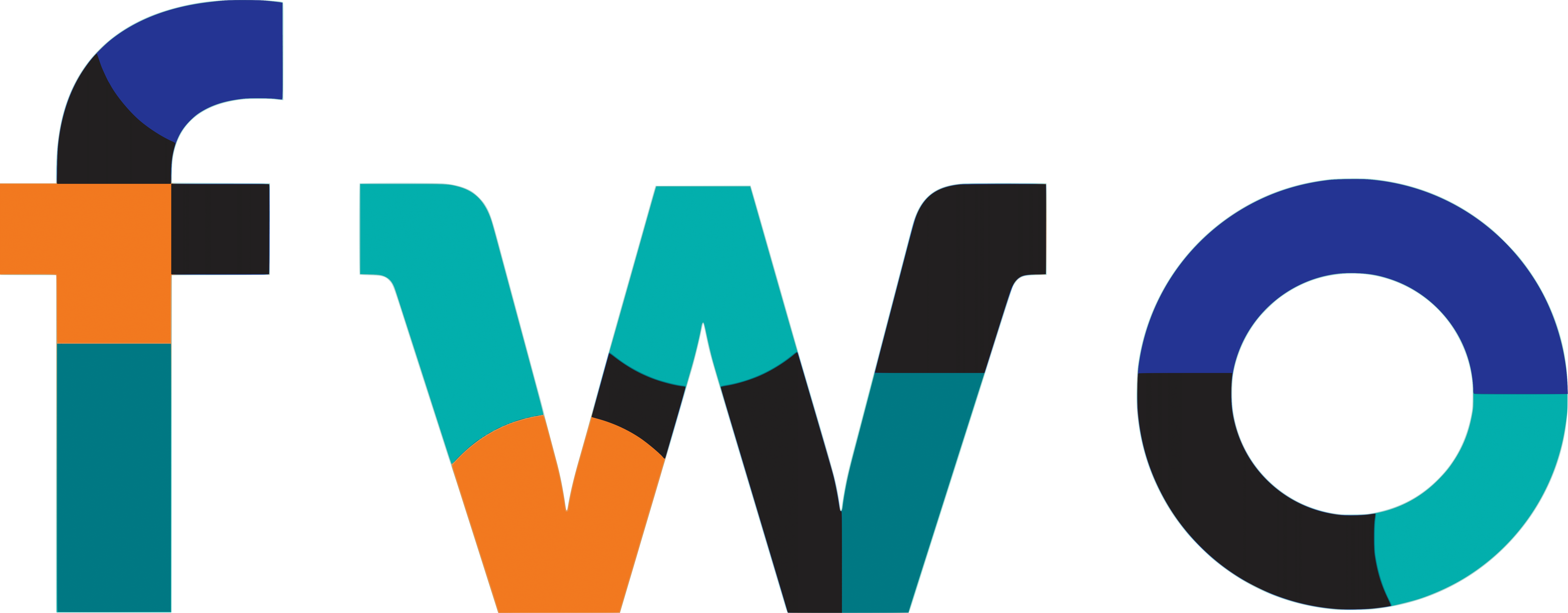
Reproduce experiments
Easily reproduce results, figures and tables from the publications of Lieven De Lathauwer's research group.

Apply algorithms
Apply our clearly documented algorithms to your own problems, guided by tutorials and demos.
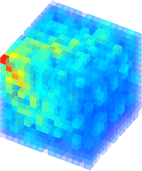
Read about our philosophy
The rationale behind our reproducible research approach is explained in more detail in this journal paper.
Download the full repository (39.8 MB), consisting of the code for 44 publications, by filling out this form. Note that large files from certain papers are excluded from the full repository.* Individual papers can be downloaded below. All code in Tensorlab⁺ requires Tensorlab.
This repository can be cited as:
S. Hendrikx, M. Boussé, N. Vervliet, M. Vandecappelle, R. Kenis, and L. De Lathauwer, Tensorlab⁺, Available online, Version of Dec 2022 downloaded from https://www.tensorlabplus.net.
*Large files have been left out from the following papers:
- Combining thermodynamics with tensor completion techniques to enable multicomponent microstructure prediction
- A second-order method for fitting the canonical polyadic decomposition with non-least-squares cost
- Towards more realistic simulations of microstructural evolution in oxidic systems
These files can be obtained by following the links above and downloading the code for the individual papers.
Download code for individual papers
| 2022 |
|
| 2021 |
|
| 2020 |
|
| 2019 |
|
| 2018 |
|
| 2016 |
|
| 2015 |
|
| 2014 |
|
| 2013 |
|
| 2012 |
|
| 2008 |
|
| 2007 |
|
News
The second release of Tensorlab⁺ provides support for 10 additional papers. The new code is available through both download types. In total, Tensorlab⁺ now allows one to recreate the results of 220+ experiments that are discussed in 44 papers, thus allowing the reproduction of 250+ figures and tables, and it includes 42 tutorials and demos.
Our first release includes the algorithms, auxiliary functions, and data needed to recreate the results of over 150+ experiments that are discussed in 34 papers, thus allowing the reproduction of over 180 figures and tables. Additionally, we have included 32 tutorials and demos showing how the proposed algorithms can be used in your own applications.
Supported by
